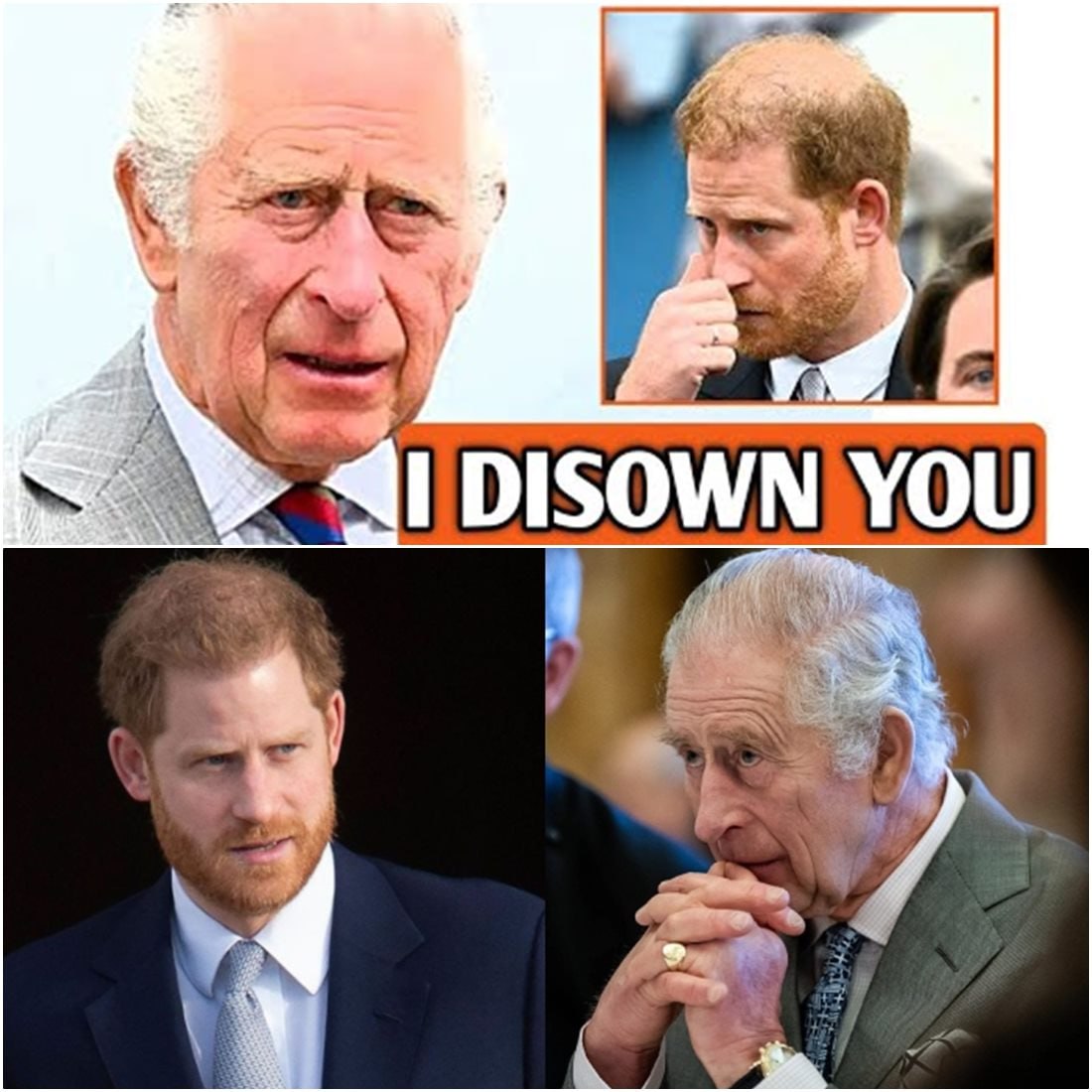The dramatic rift between Prince Harry, Duke of Sussex, and King Charles III has captivated global attention, sparking intense debate about the future of the British monarchy. The King’s recent decision to strip Harry of his dukedom and associated royal privileges has sent shockwaves through the institution and the public.
This article examines the events leading up to this unprecedented move, its impact on the monarchy, its historical context, and potential paths forward for Prince Harry and his family.
Prince Harry and Meghan Markle’s relocation to the United States in early 2020, often referred to as “Megxit,” dramatically altered the landscape of the British monarchy. Their pursuit of financial independence and a reprieve from intense media scrutiny led to their decision to step back from royal duties. While an initial agreement allowed them to retain their titles without performing royal functions, the long-term implications of this compromise have been far-reaching.
Transitioning from working royals to global public figures, Harry and Meghan engaged in high-profile projects, such as lucrative deals with Netflix and Spotify and outspoken advocacy for mental health and social justice. This new role created a complex dynamic, particularly as their interviews—most notably the 2021 Oprah Winfrey interview—revealed deep-seated family tensions and criticisms of the royal family, further fracturing the public image of the monarchy.
Public opinion has since become sharply divided, with some supporting the couple and others criticizing their perceived hypocrisy in benefiting from royal connections while distancing themselves from royal duties.
King Charles faced a difficult dilemma: balancing his paternal affection for his son with the preservation of the monarchy’s integrity. His desire for a unified royal family was challenged by Harry and Meghan’s continued criticisms. The situation came to a head with an ultimatum: return to royal duties or forfeit the title. Harry’s refusal led to the unprecedented decision to revoke his dukedom.
While the stripping of a royal title is rare, it is not without historical precedent. The abdication of King Edward VIII to marry Wallis Simpson provides a notable parallel. However, the ramifications of Harry’s situation are significant, impacting his legal status, financial entitlements, and security arrangements.
King Charles’s decision has provoked a polarized response. Supporters of Harry and Meghan, particularly in the United States, have highlighted the couple’s charitable work and the media harassment they’ve endured, viewing the King’s action as a rigid adherence to outdated traditions. Conversely, those defending the monarchy emphasize the importance of upholding standards and traditions, arguing that Harry’s choice to step back from royal duties necessitated the forfeiture of his title.
The loss of his dukedom represents a significant turning point for Prince Harry. While he retains considerable resilience and influence through his charitable work and media ventures, the absence of his title may impact his global reach and access to certain opportunities. The future of his children, Archie and Lilibet, and their connection to the monarchy also remains uncertain.
King Charles’s decision carries profound implications for the monarchy’s image and internal dynamics. His actions reflect a commitment to modernizing the institution and prioritizing its stability over familial ties. This bold move may strengthen the monarchy in the eyes of some while alienating others who view it as inflexible and out of touch.
The saga of Prince Harry’s royal status continues to unfold, leaving the future of both the Sussexes and the British monarchy uncertain. While King Charles’s decision may safeguard the institution’s integrity, it also underscores deep-seated family divisions. The coming years will reveal whether this marks the definitive end of Harry’s royal chapter or the beginning of a new, independent path.
https://youtu.be/xeX9AsCd7Rw
